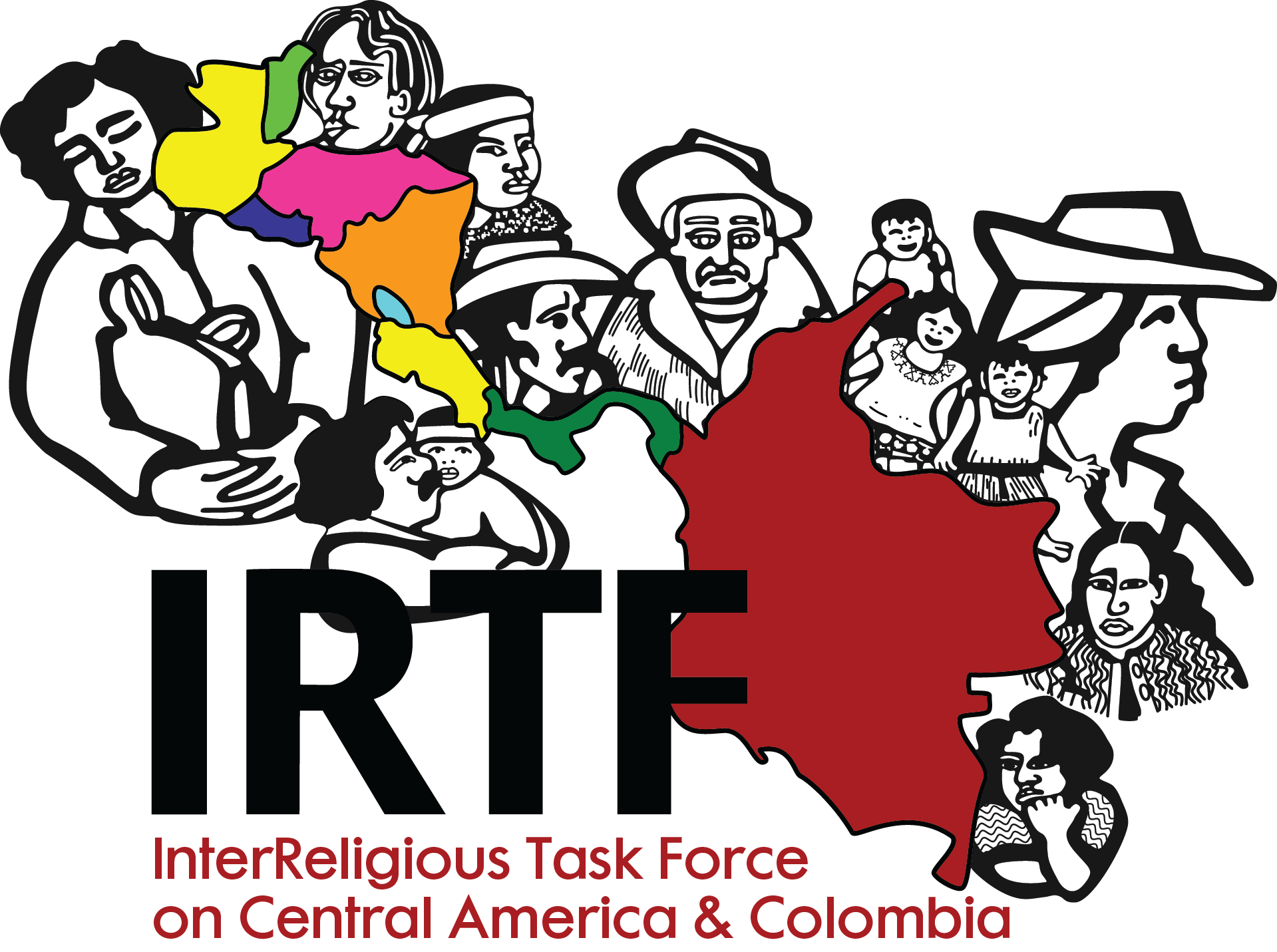Since 1981, IRTF has been building bridges of solidarity with oppressed communities in Central America and Colombia. IRTF challenges and organizes for change in the policies and practices of US corporations, military, and government. We can take on this necessary work and are able to amplify the voices of grassroots communities thanks to independent funding from individual supporters, funding that is not tied to large foundations or government. Please consider supporting IRTF's human rights solidarity work.
- Home
- About Us
- Issues
- Countries
- Rapid Response Network
- Young Adults
- Get Involved
- Calendar
- Donate
- Blog

